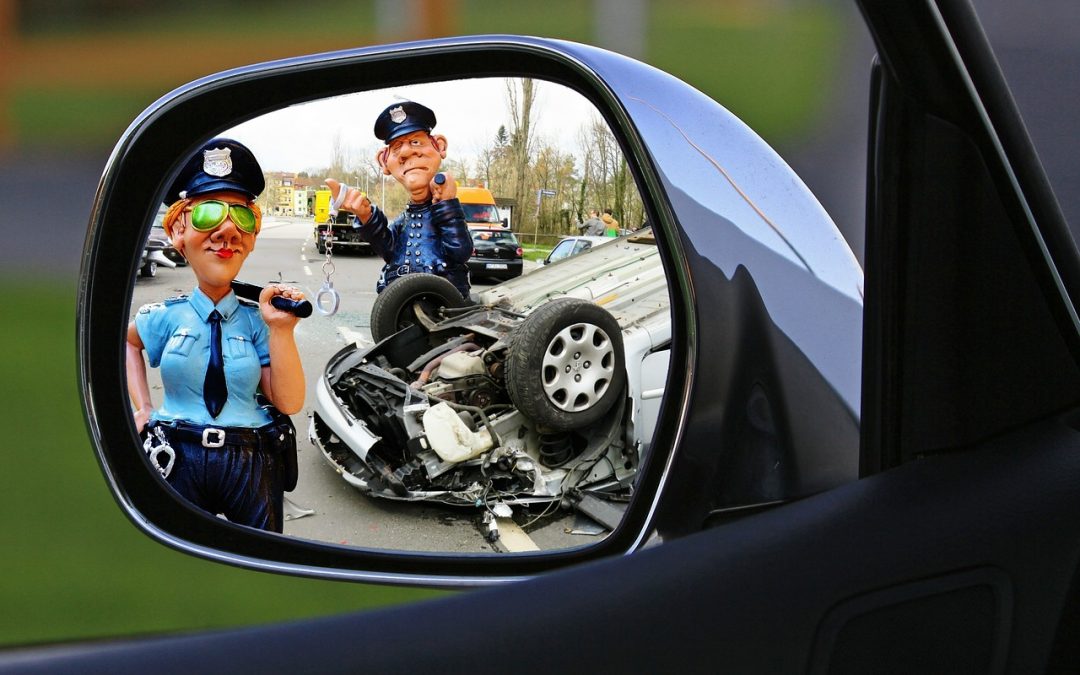When interacting with law enforcement, it’s essential to know your rights, especially when it comes to recording devices. With the prevalence of smartphones and body cameras, it’s more critical than ever to understand when police can search your devices without a warrant.
Understanding Your Rights
The Fourth Amendment to the US Constitution protects against unreasonable searches and seizures, requiring law enforcement to obtain a warrant based on probable cause. This means that, generally, police need a warrant to access the contents of your recording devices, such as photos, videos, or phone data.
However, there are exceptions to this rule. For instance, if you’re arrested, police may search your device incident to the arrest, without a warrant. Additionally, if you consent to the search, police can access your device without a warrant. It’s essential to remember that you can revoke your consent at any stage of the interaction.
Practical Tips for Interactions with Police
- Remain calm and composed during the interaction. Avoid arguing or being confrontational, as this can escalate the situation.
- If police ask to search your device, politely decline, stating, “I don’t consent to the search.” Avoid physically resisting or obstructing the officer.
- If you’re arrested, clearly state, “I want to speak to my lawyer” to invoke your Miranda rights.
- If you’re unsure about your rights or the officer’s authority, ask to speak to a supervisor or request clarification.
- Remember that you’re not obligated to answer questions or provide information beyond identification, if required by state law.
Key Principles to Keep in Mind
In any interaction with law enforcement, it’s crucial to prioritize safety and de-escalation while asserting your rights. As the ACLU reminds us:
“Your rights are meant to be used, not sacrificed. The safest way to protect your rights is to know what they are and to assert them in a calm and respectful manner.”
In conclusion, knowing your rights and asserting them appropriately is crucial when interacting with law enforcement, especially when it comes to searching your recordings. Remember to stay calm, prioritize de-escalation, and clearly communicate your boundaries. Stay informed about local laws and regulations, and don’t hesitate to seek legal counsel if you’re unsure about your rights or have concerns about a specific encounter.
The information at Observed.Org may not pertain to every jurisdiction. It is YOUR responsibility to know your rights and observe them. Nothing here should be considered legal advice.

